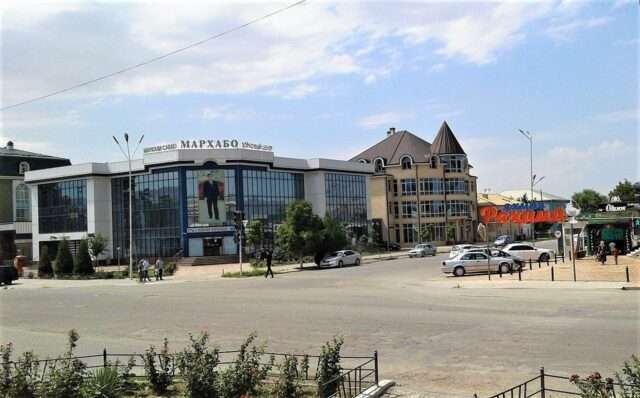
Since August 2022, Tajikistan has started a deflationary process in the consumer sector to reduce the prices of goods and tariffs and stimulate the national economy.
According to the Tajik Statistics Agency, prices for goods and tariffs for paid services decreased by 0.3% in September 2022. In particular, the cost of food products decreased by 0.6% and paid services by 0.1%, while non-food products slightly increased by 0.1%.
Relatively more prices fell on the following products: onion by 7.4%, gasoline by 4.2%, oils and fats by 3.4%, fruits – by 3.3%, sugar by 1.6%, bakery products and cereals by 1.5%, diesel fuel -by 1.3%, liquefied gas by 0.9%.
In August 2022, the Tajik Statistics Agency recorded deflation at 1.2%, facilitated by a decrease in prices for food products at 2.5%, mainly for essential products. Thus, the inflation rate over the past two months has slowed to 3.1% in January-September from 4.6% in January-July this year.
In January-September 2021, the inflation rate was 5.3%. Food products then rose in price by 3.8%, non-food products by 5.8%, and paid services to the population -by 9%.
The Tajik authorities expect inflation at the level of 6% (+/-2 p.p.) by the end of 2022. At the same level, an increase in prices and tariffs was predicted in 2021; at the end of last year, inflation was 8%.
Risk analysis
Deflation means a decrease in the general level of prices for goods and services and a parallel rise in the value of money, a process opposite to inflation. Although the Tajik population happily welcome lower prices, deflation might become an extremely negative phenomenon for the national economy.
Indeed, deflation results from a decrease in the population’s purchasing power due to wage cuts and job cuts. In almost all cases, deflation is a side effect of a collapse of aggregate demand, a drop in spending so severe that producers must cut prices on an ongoing basis to find buyers. As a result, if people buy less, companies will lose profits due to sales declines and consequently, people can get paid less, reducing their purchase power.
If companies earn less, they can decide to cut costs to survive by starting to fire their employees. Therefore, deflation might bring high unemployment.
This situation might bring a “deflationary spiral”, which the Tajik Government should avoid because it can result in an internal socioeconomic crisis that might generate disappointment, protests and national instability. It is also possible that deflation may be accompanied by revaluation, that is, the appreciation of the national currency against foreign currencies.



